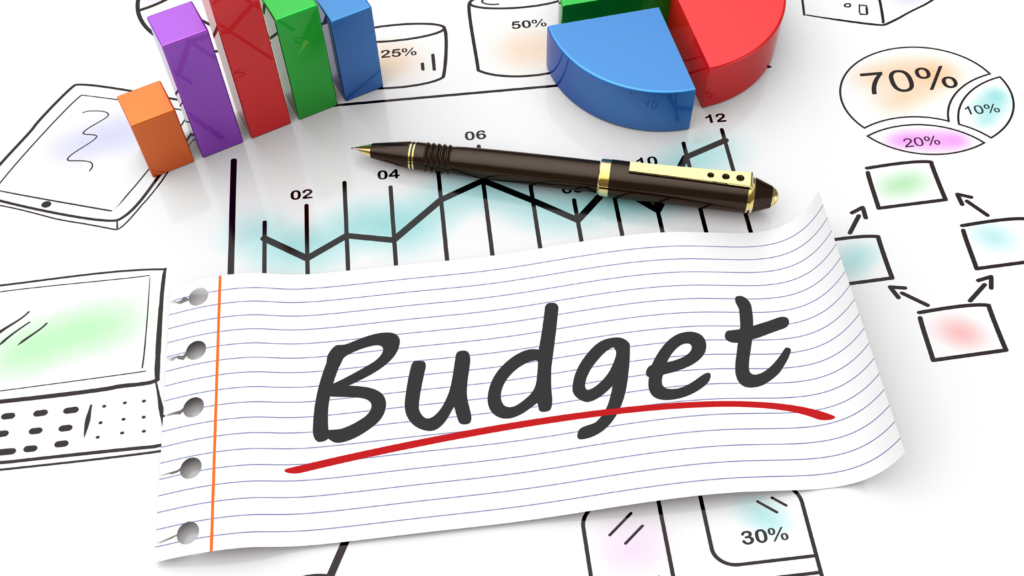Why do people make unplanned buying?
The Psychology Behind Impulse Buyeing
People may impulsively purchase more goods when they visit the market for a variety of reasons, including eye-catching displays, tempting promotions, or just giving in to fleeting cravings. Psychological elements such as marketing tactics and individual tastes frequently impact this behavior, resulting in inadvertent purchases.
Even the most devoted shopper may become overwhelmed by the vivid displays, alluring deals, and enormous selection of goods as we browse the aisles of busy markets and superstores. Every time, we give in to the temptation of the unexpected and find ourselves hastily adding things to our carts that were never on our lists in the first place. Why does this occur, and how can we avoid giving in to the allure of these impulsive buys? The Influence of Merchandising and Marketing:
The Influence of Merchandising and Marketing
Superstores are expertly crafted to grab our interest and encourage impulsive buying. Retailers use a variety of techniques, such as carefully designed product placements and strategically positioned advertising displays, to lure customers into making impulsive purchases. Temporary promotions, visually appealing signs, and tastefully packaged goods all enhance the entire shopping experience by fostering an environment that encourages impulsive purchases.
The Emotive Nature of Bargains
The attraction of a good price is one of the main factors that leads to impulsive buying. Superstores purposefully use promotions, specials, and discounts to instill a sense of urgency in their customers, urging them to act now before the chance to take advantage of it disappears. We may make irrational decisions because we believe we are saving money, such as purchasing unnecessary products because the deal is too good to refuse.
The Significance of Social Evidence
Because we are social beings at our core, our buying habits are greatly influenced by this fact. Superstores use the powerful motivator known as “fear of missing out” (FOMO) to their advantage by highlighting things that are popular or in style. There’s a psychological reaction that occurs when we observe others reaching for something, leading us to wonder if we need to join the trend as well. We thus frequently add things to our trolleys that we hadn’t previously thought about.
Decision Fatigue and Sensory Overload
A superstore’s sheer amount of options may be debilitating. As we move through the aisles, our senses are overwhelmed with a myriad of colors, noises, and fragrances. We may experience choice fatigue as a result of this sensory overload, which will make it harder for us to follow our initial shopping list. Our capacity to make thoughtful judgements is impaired in such a situation, making us more prone to impulsive purchases.
Retail Therapy and Emotional Triggers
Purchasing is frequently linked to emotional feelings. Emotions play a big part in what we buy, whether it’s the excitement of finding a new product, the comfort of indulging in a favorite indulgence, or the satisfaction of finding a fantastic price. Superstores realize this and purposefully construct an environment that appeals to our emotions, making it simpler for us to excuse impulsive purchases as a type of retail therapy.
Make a Detailed Shopping List: Invest some time in making a comprehensive shopping list before you enter a superstore. As far as possible, follow the list; don’t stray from it unless absolutely required. You may stay focused and avoid the lure of impulsive purchases by using this easy method.

Make a Budget: Setting aside money for your shopping excursion might serve as a strong disincentive to overspend. Setting a defined spending limit enables you to priorities your needs and resist the temptation of impulsive purchases.

Shop with a Purpose: Have a deliberate mentality when going shopping. Keep your objectives in mind and acknowledge that the superstore environment is meant to affect your behavior. Concentrate on meeting your necessities rather than surrendering to wants.
Avoid buying When You’re Tired or Hungry: These conditions might impair your judgement and self-control. Have a meal before you go shopping, and make sure you get enough sleep, since this will help you prevent making rash purchases.
Use Cash Rather Than Cards: When making purchases, choose to pay with cash rather than your credit or debit cards. Observing the money physically go from your wallet can increase your feeling of accountability and deter excessive spending.
In summary:
Superstores are made to seem appealing, and their marketing tactics are heavily influenced by the psychology of impulsive buying. We may proactively reject temptations and make more deliberate purchasing selections by being aware of the variables that motivate these impulsive behaviors. With knowledge and a few useful tips, we can confidently make our way through the superstore maze and load our carts with things we actually need and want.
